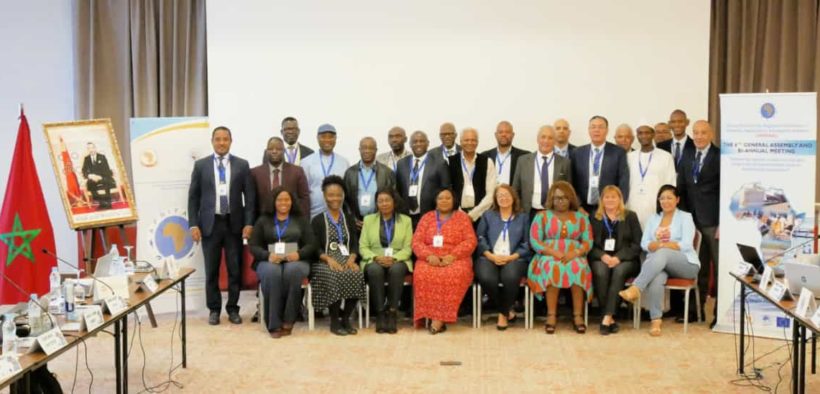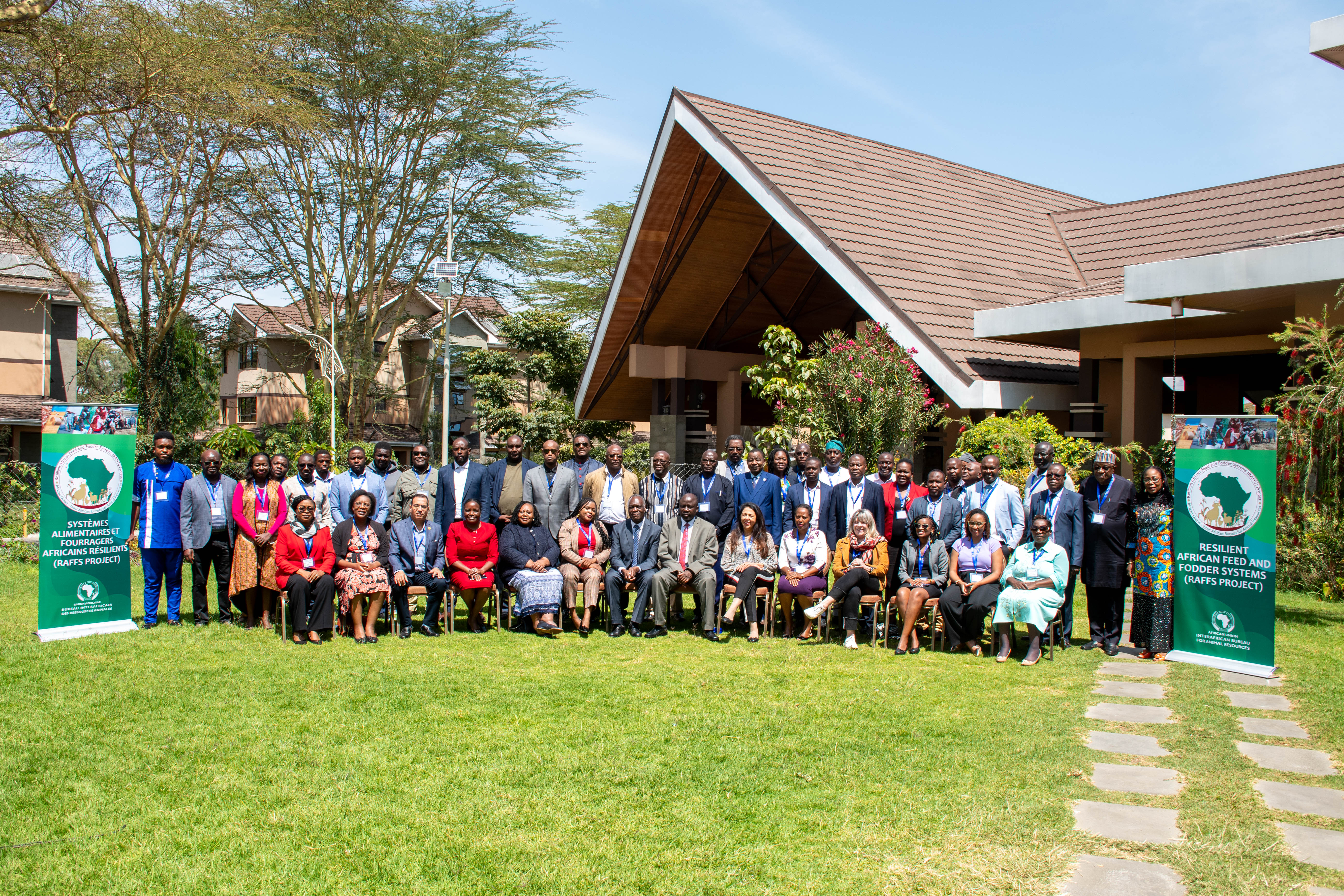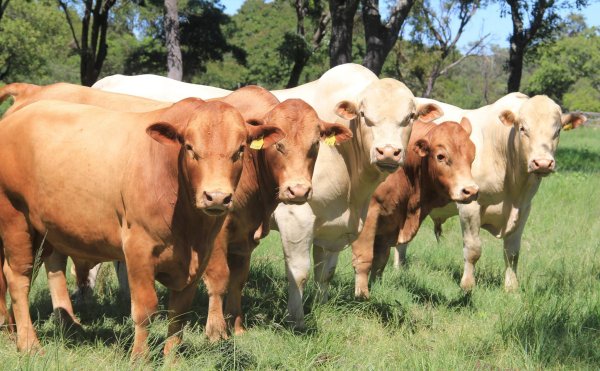Zimbabwe’s livestock sector is positioned to take a leading role in the national inclusive transformation agenda as the country targets to attain an upper middle income economy by 2030, a government official has said.
https://www.businessweekly.co.zw/livestock-sector-exhibits-potential-to-drive-economic-growth/
View Full Post and Comments
AFRICAN Union – InterAfrican Bureau for Animal Resources (AU-IBAR) director Huyam Salih says the Resilient African Feeds and Fodder Systems (RAFFS Project) is expected to transform the Zimbabwe African Women in Animal Resources Farming and Agribusiness Network (AWARFA-N).
https://www.newsday.co.zw/theindependent/local-news/article/200019852/raffs-project-gamechanger-for-women-au-ibar-director
Continue Reading
ZIMBABWE African Women in Animal Resources Farming and Agribusiness Network (AWARFA-N) president Jacqueline Gowe has pleaded with the government to give them a piece of land to conduct their operations.
https://www.thestandard.co.zw/business/article/200019853/awarfa-n-pleads-for-land-from-government
Continue Reading
THE African Union-InterAfrican Bureau for Animal Resources (AU-IBAR) and the Bill and Melinda Gates Foundation, will tomorrow launch the resilient African feed and fodder systems project in Zimbabwe.
https://www.businessweekly.co.zw/raffs-project-to-be-launched-in-zimbabwe/
View Full Post and Comments
FEED and fodder business development expert David Maina says the resilient African feed and fodder systems project (RAFFS Project) will increase the competitiveness and sustainability of the industry on the continent.https://www.thestandard.co.zw/index.php/business/article/200019813/raffs-project-helps-sustain-feed-and-fodder-sector-expert
Continue Reading
THE government has committed its full support to the resilient African feed and fodder systems project (RAFFS Project), citing its importance in mitigating the negative effects of climate change, COVID-19, and the conflict between Russia and Ukraine.
https://www.newsday.co.zw/business/article/200019809/govt-pledges-full-support-for-the-feed-fodder-project
Continue Reading
xxxxxvvvbb ccvbb
ccvbb
Continue Reading
Against all odds, women are defying convention and spearheading a groundbreaking revolution in the feed and fodder sector- which has for long been male dominated.
With tenacity and innovation, a group of women from across Africa are breathing new life into the feed and fodder sector as well as livestock production and reshaping the course of their communities’ and countries’ economic future.
The sector is currently facing a major crisis due to the ongoing Russia-Ukraine war, global COVID-19 pandemic and climate change.
In the shadows of these challenges and adversities, some women are emerging as catalysts of change in the crucial feed and fodder sector.
Some of the women playing a crucial role in the sector are at the ongoing African Union-InterAfrican Bureau for Animal Resources (AU-IBAR) workshop in Kenya- where a high-level discussion on how to cushion member states and empower women is ongoing.
https://www.capitalfm.co.ke/news/2023/07/pioneering-african-women-in-feed-and-fodder-sector-ignites-a-trailblazing-path-for-others/
View Full Post and Comments

The African Union-InterAfrican Bureau for Animal Resources (AU-IBAR) and the Bill & Melinda Gates Foundation have organised a workshop for the Resilient African Feed and Fodder Systems (RAFFS) Project. Access Press Release.
View Full Post and Comments
"Livestock Development Strategy (LiDeSa) has been our lighthouse, guiding the livestock sector into better actions, and Live2Africa project the vehicle, that drove systematic capacity across member states and regional organizations,” explains Dr. Mary Mbole-Kariuki, Technology, Innovation and Skill development Expert, for the AU-IBAR, Live2Africa Project, noting that there has been systematic capacity-building on the value chain system across AU Member States and regional organizations. “We set out to increase technical and infrastructural capacities, and developed capacities on the use of data for evidence-based policies, involving stakeholders and key actors in value addition processes pertaining to livestock value chains,” she adds.

Continue Reading

 ccvbb
ccvbb


